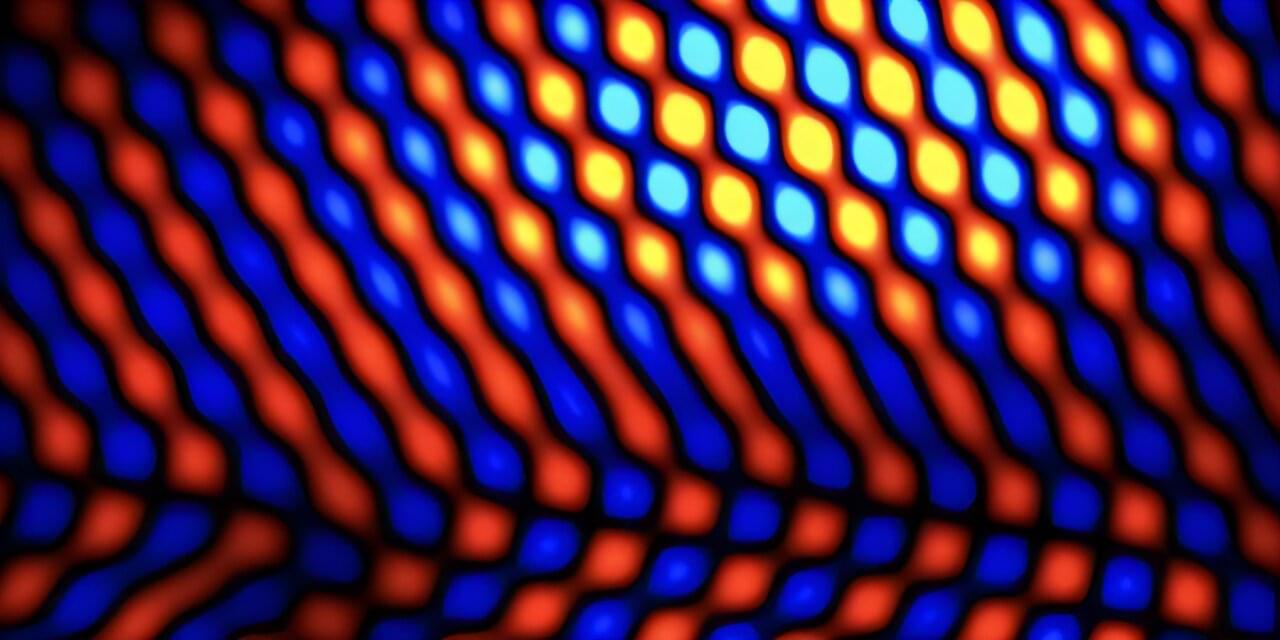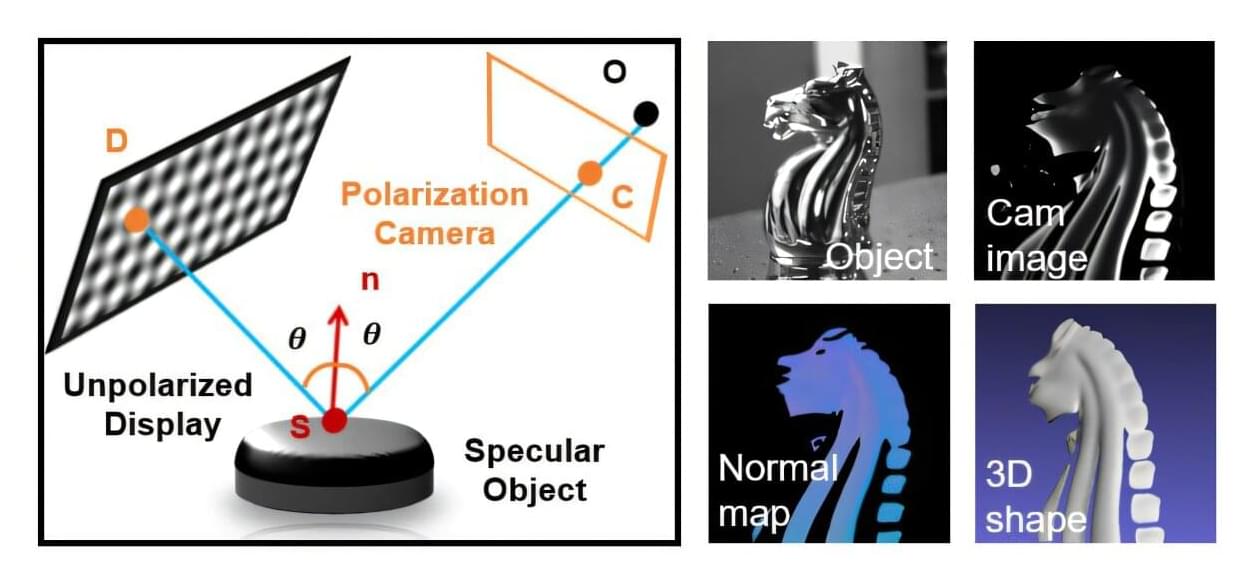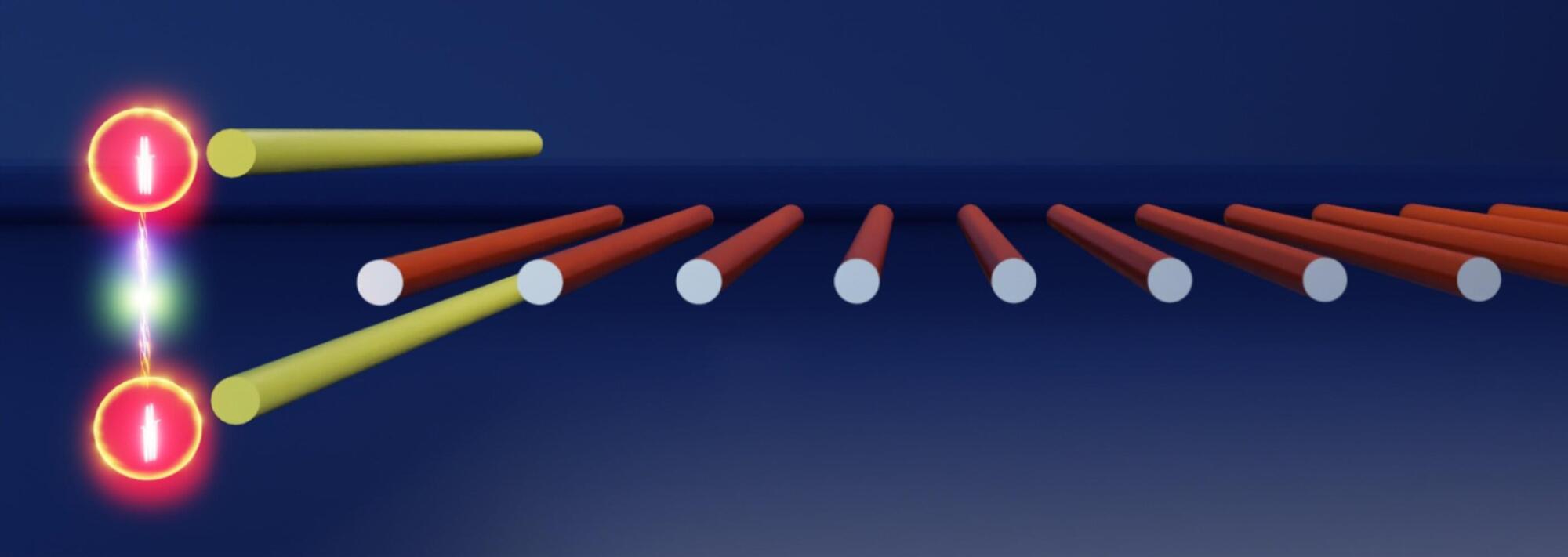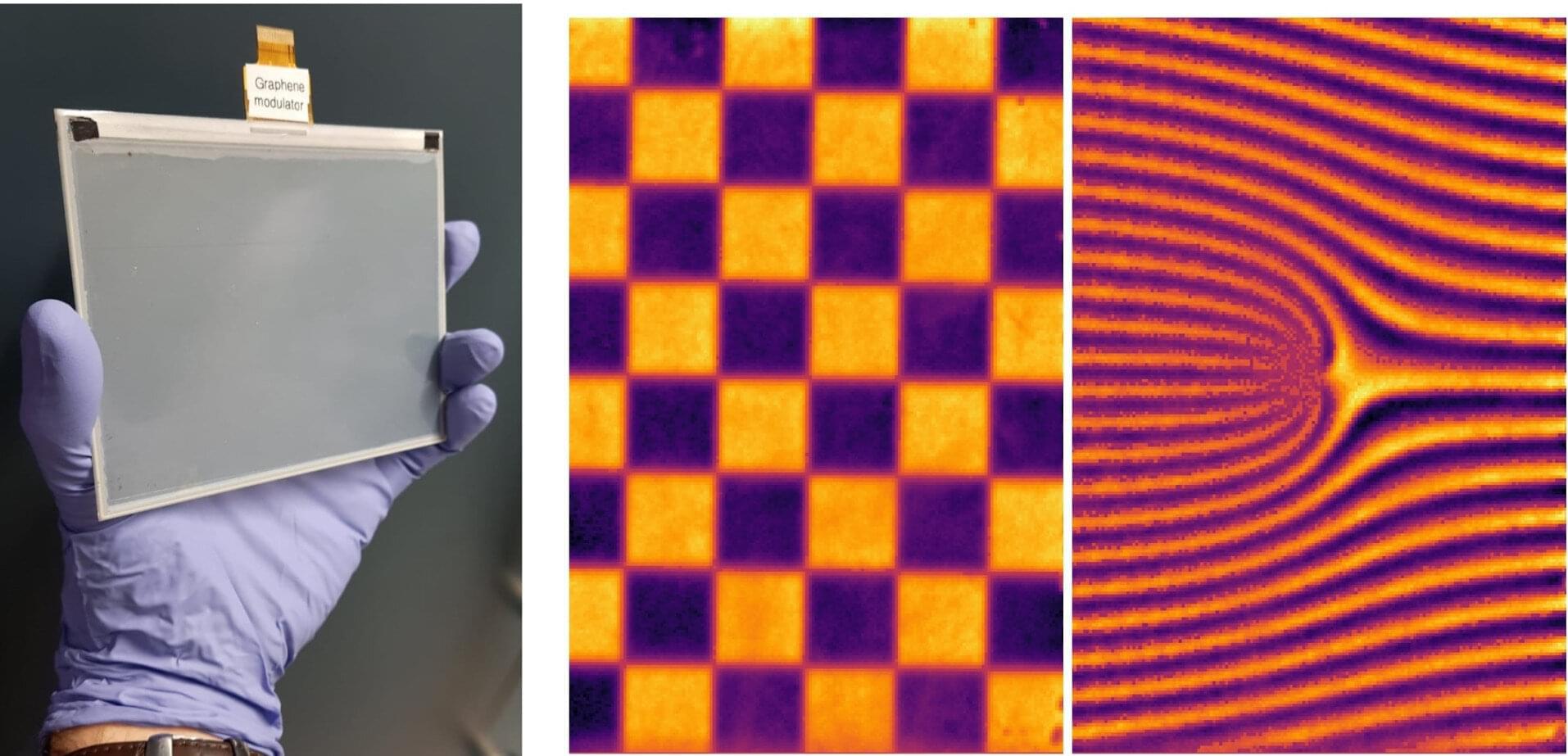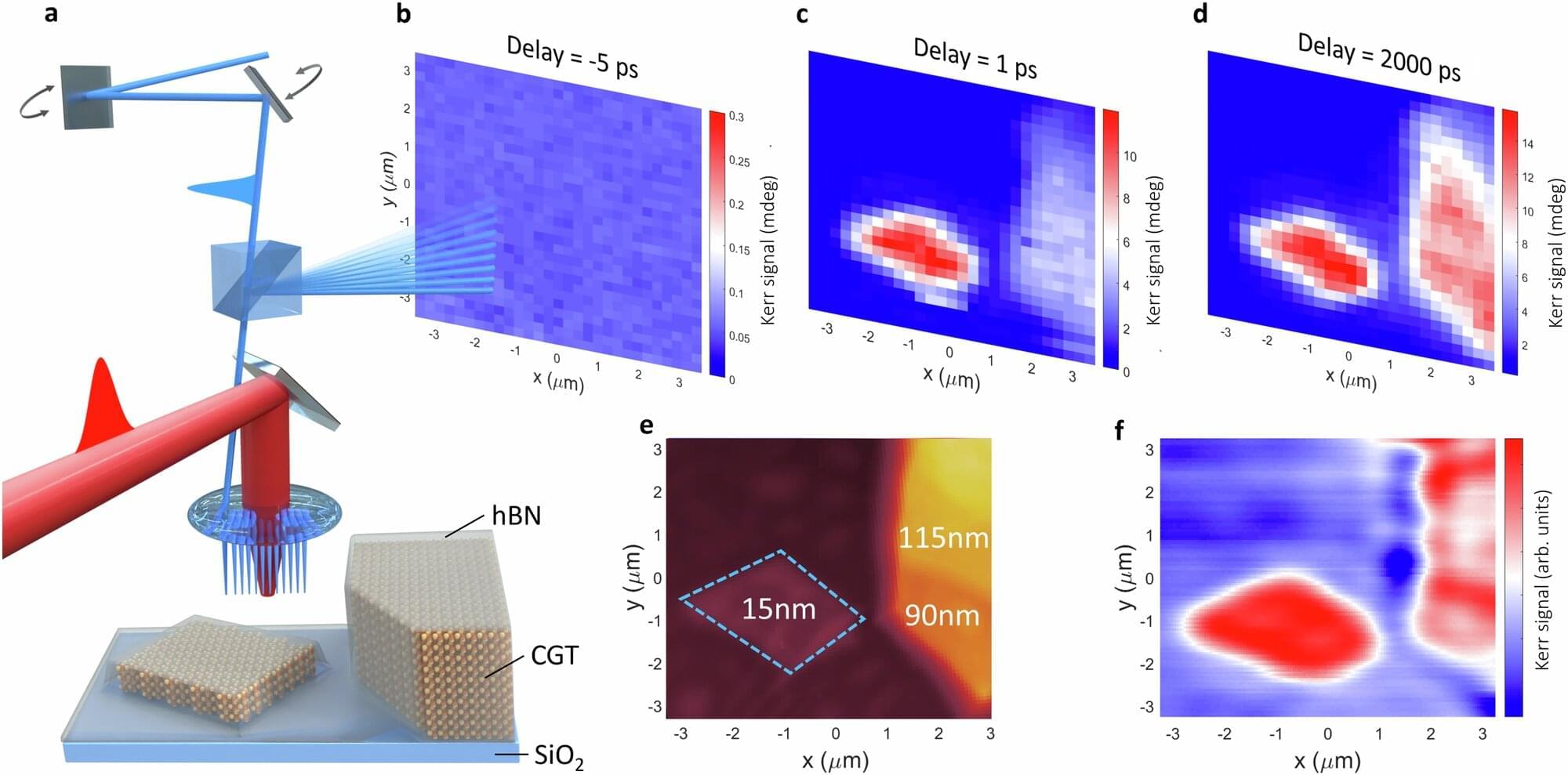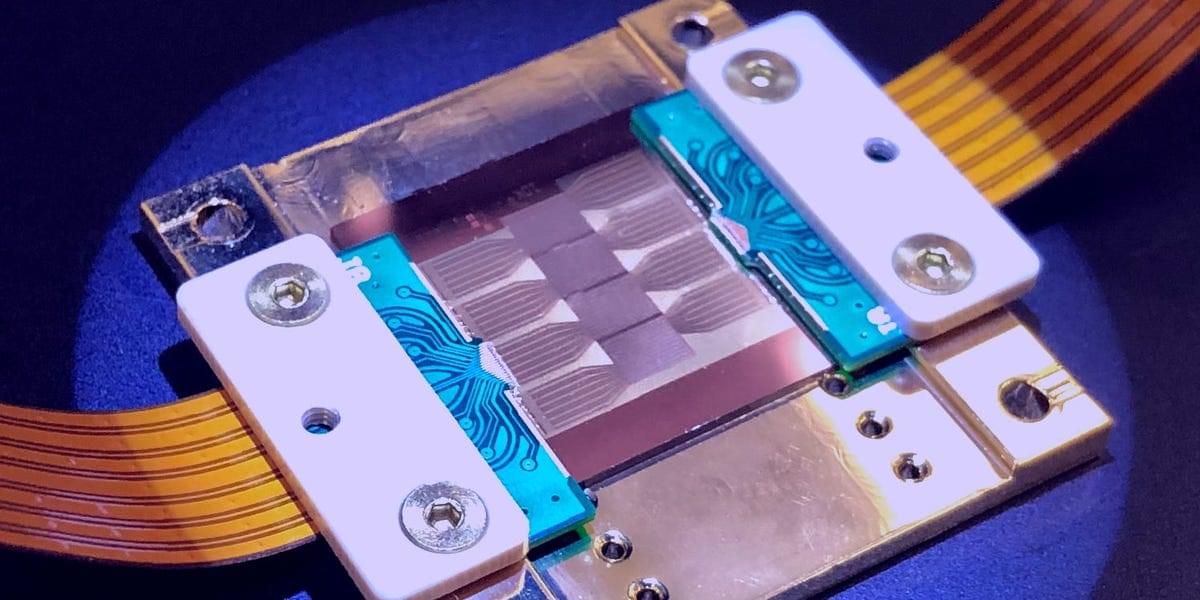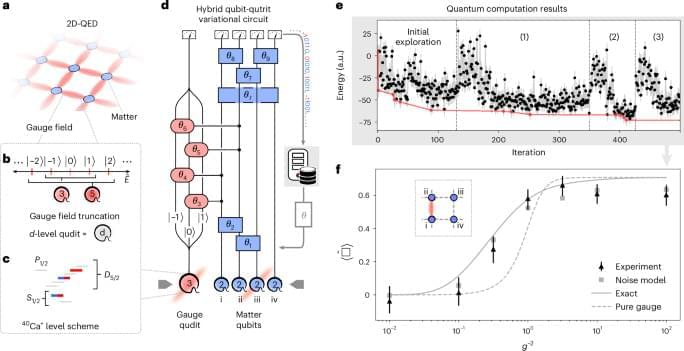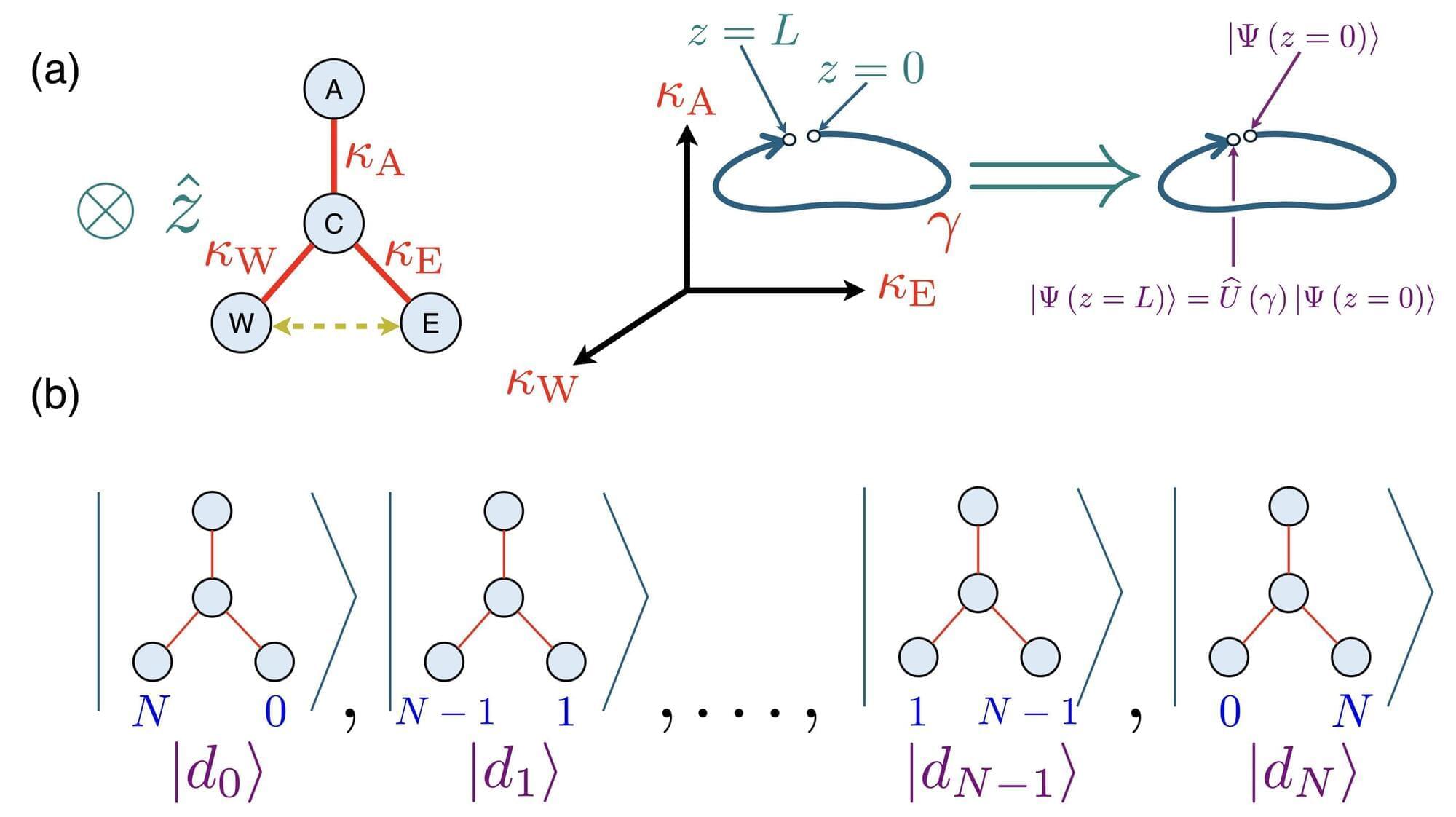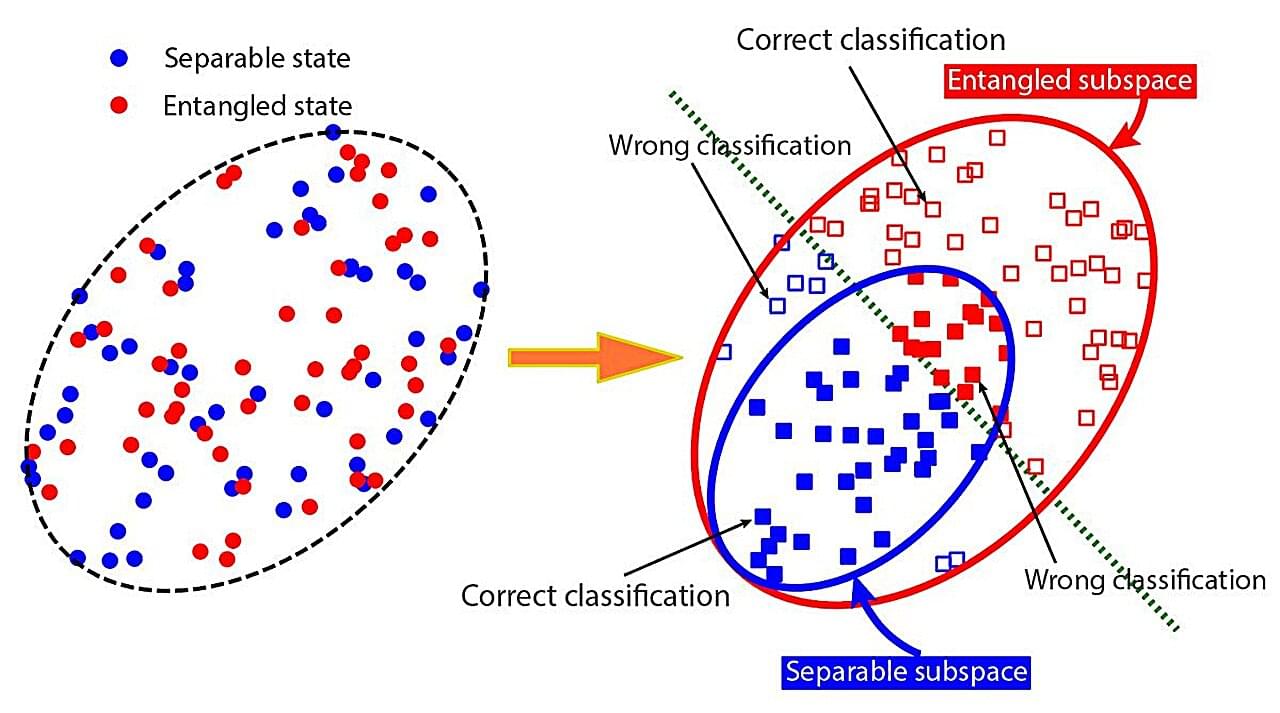Superconductivity is a quantum physical state in which a metal is able to conduct electricity perfectly without any resistance. In its most familiar application, it enables powerful magnets in MRI machines to create the magnetic fields that allow doctors to see inside our bodies. Thus far, materials can only achieve superconductivity at extremely low temperatures, near absolute zero (a few tens of Kelvin or colder).
But physicists dream of superconductive materials that might one day operate at room temperature. Such materials could open entirely new possibilities in areas such as quantum computing, the energy sector, and medical technologies.
“Understanding the mechanisms leading to the formation of superconductivity and discovering exotic new superconducting phases is not only one of the most stimulating pursuits in the fundamental study of quantum materials but is also driven by this ultimate dream of achieving room-temperature superconductivity,” says Stevan Nadj-Perge, professor of applied physics and materials science at Caltech.
